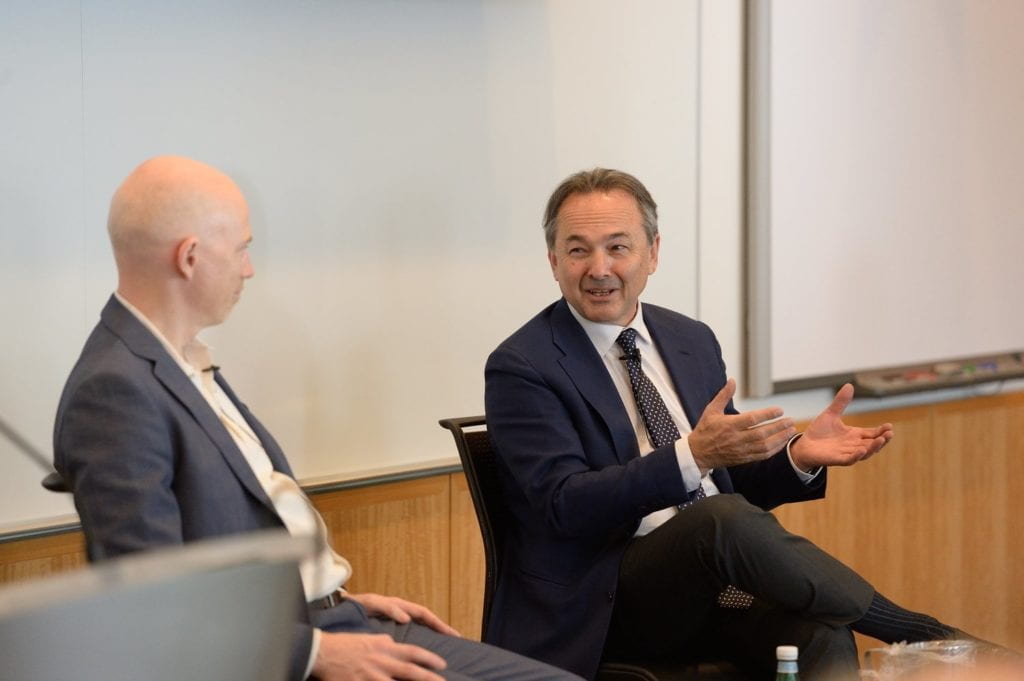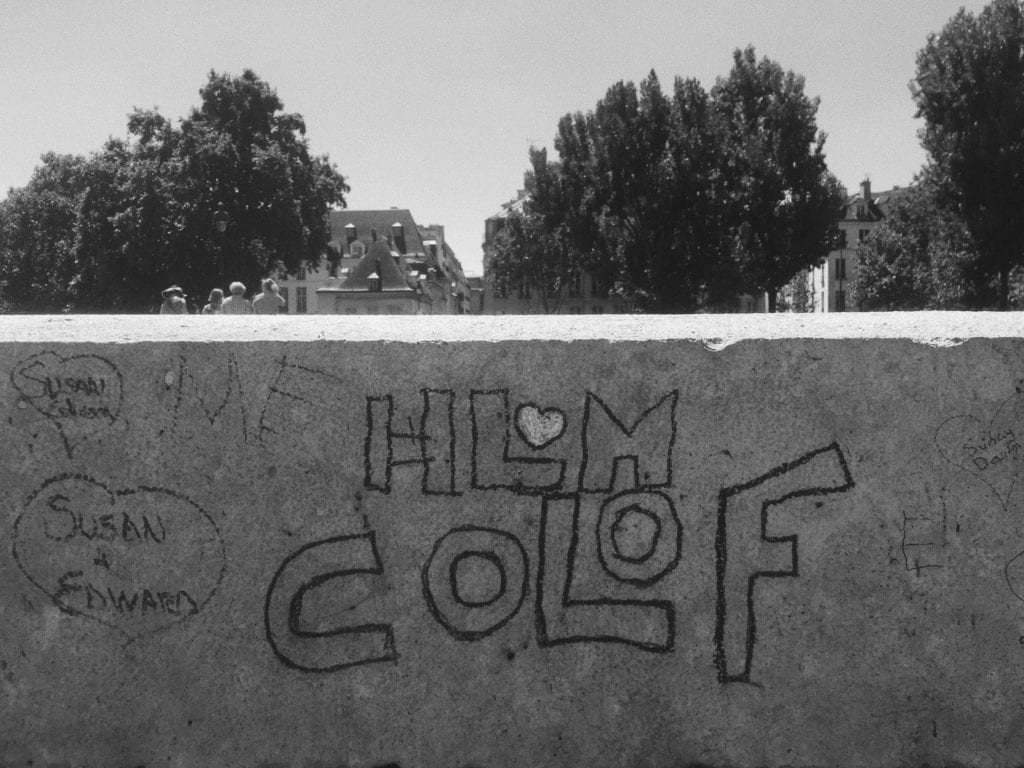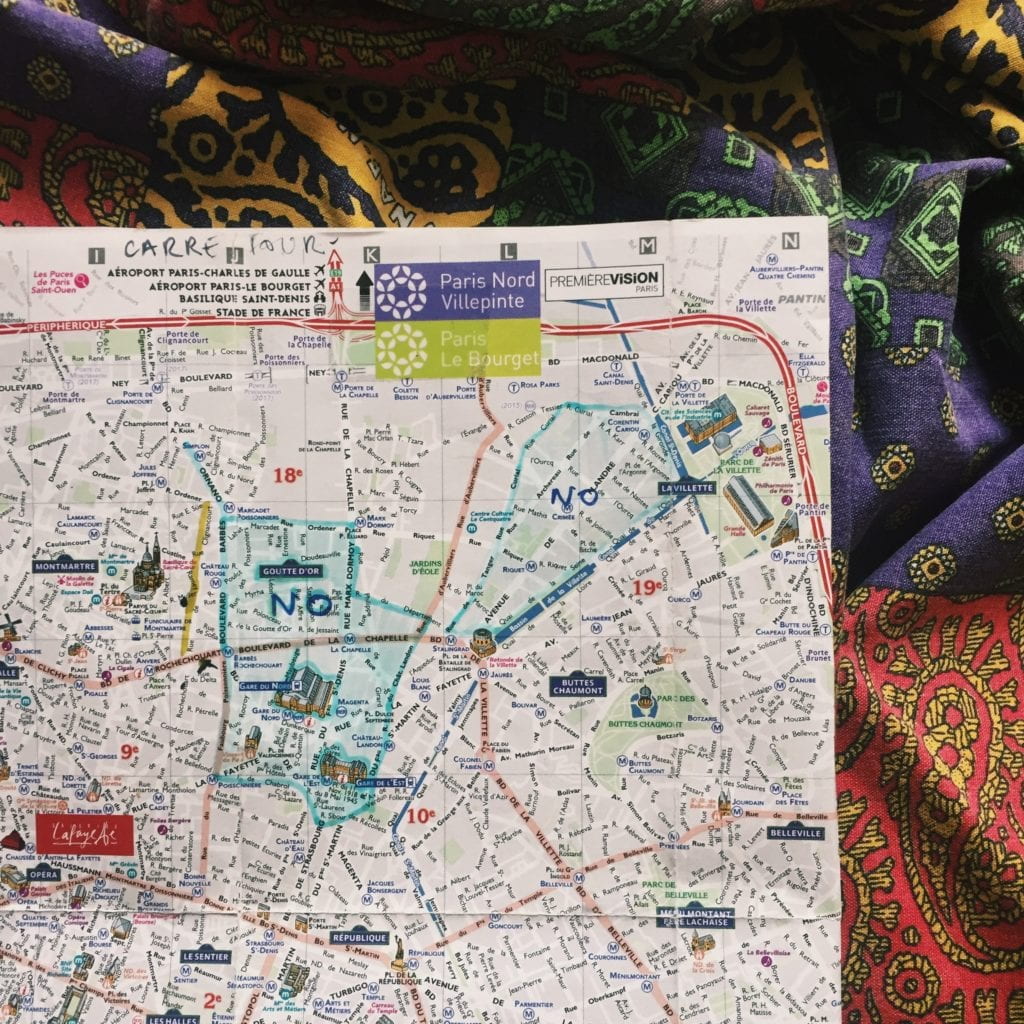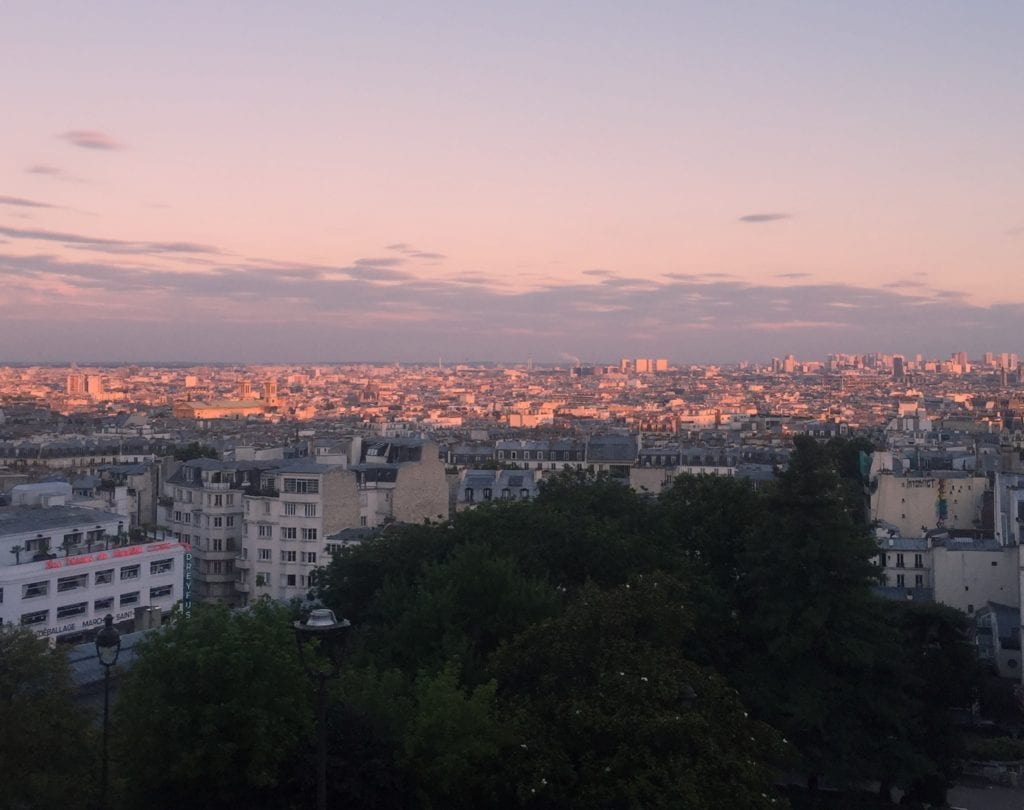Katie Mulkowsky
INTA International Urban Development Association
France
I haven’t written much in the past month because I’ve been trying to figure out how to best synthesize the various forces imbued in statements like Beth’s. The situation in the banlieue is just as much about France’s colonial past as it is about the post-WWII housing crisis, the legal framework of laïcité (secular law that disproportionately restricts Muslim religious expression), and the militiamen, fully armed with fingers on their triggers, who I see in so many Parisian public spaces, seemingly waiting for the next terror attack to spill onto the streets.
This sounds harsh but it feels very real. It’s a weird and kind of scary time to be in Europe, and I think I underestimated how that would manifest in Paris when going into this project. When I met with Gilles Kepel’s banlieue research team earlier this month in his office at the École Normale Supérieure, I discovered that it sits behind about three locked doors, none of which bears Gilles’ name. Gilles, one of France’s most prominent (and controversial) scholars of political Islam, is now flanked by national bodyguards 24/7, in the wake of a direct death threat he received from a French-born jihadi.
I arranged this meeting because I wanted to better understand how scholars are approaching the spaces I’m interested in and to learn how to conduct fieldwork interviews in a more academic than journalistic manner. I didn’t expect to learn as much as I did about the politics of what I am studying, or to leave viewing Gilles as a complex figure. One researcher I spoke with, a Syrian Frenchman, told me not to mention Gilles or their ongoing projects to anyone I would meet in the field; it’s all hyper-confidential because of today’s inflammatory situation regarding both blatant Islamophobia in the public sphere and France’s track record with terror.
My first encounter with Gilles happened in May, before I left New York. He was speaking about French terror at a Center for National Security event at Fordham Law. He joked that he had had his first “free” breakfast in 11 months that morning (there being no need for his bodyguards to follow him to the States). He also noted that, in today’s political climate, “‘banlieue’ is now the only word in French which doesn’t need [an English] translation” and that “jihadi violence usually benefits the extreme right because it boosts the voice of those who say the left is too weak on that issue.”

Robert Worth, in his NYT profile, “The Professor and the Jihadi,” wrote that “Kepel has argued that much of France’s left-leaning intelligentsia fails to understand the nature of the threat the country faces—not just from foreign terrorists but also from the Islamist provocateurs in its exurban ghettos.” Gilles and the scholarship surrounding his work thus complicate the initial notions of my study (being, of course, that the banlieue is a site of disproportionate surveillance and Islamophobic attack). Yet, while he does assert that there are ideologues who find breeding ground for radicalization in the depraved banlieue, he is careful to distinguish between mainstream Islam and jihad. He does not support the xenophobic Front National; he is an immigrant’s son, speaks fluent Arabic, and his wife’s family is North African.
But, Worth also noted that Gilles was a member of the commission that helped create France’s controversial 2004 law banning Islamic head scarves and other religious symbols in public schools and that Gilles “remains proud of that role.” Worth wrote that Gilles “believes that eroding French state secularism, known as laïcité, would lead to a ‘Balkanization of Europe along religious and ethnic lines,’ with a Muslim voting bloc, Muslim schools and a hardening of quasi-separatist communities of various religions.” Yet, other scholars like Z. Fareen Parvez argue that such laws have accomplished the same thing: in “Prayer and Pedagogy,” Parvez writes that Salafist women turn to Islamic schools as a safe haven from their public counterparts, in which they experience hostility and discrimination.
Two of the forces most discussed by my interviewees so far, used to show their understanding of the banlieue and the rights of its inhabitants today, are laïcité and colonialism. Some even see laïcité as a neocolonial force. Beth Epstein, for instance, noted that, “In many ways, France has not gotten away from its ‘civilizing mission.’” One of Gilles’ team members, who confidentially told me that he does not support the French state, gave me a list of bookstores to visit and middle/high school textbooks to glance through, to see how French history is represented. In the same national schools where veiling is outlawed, he said, there is no mention of France’s colonial empire.
In the coming weeks, I want to explore these ideas further and see what bearing other specific vestiges of colonial history have on people in the present.


